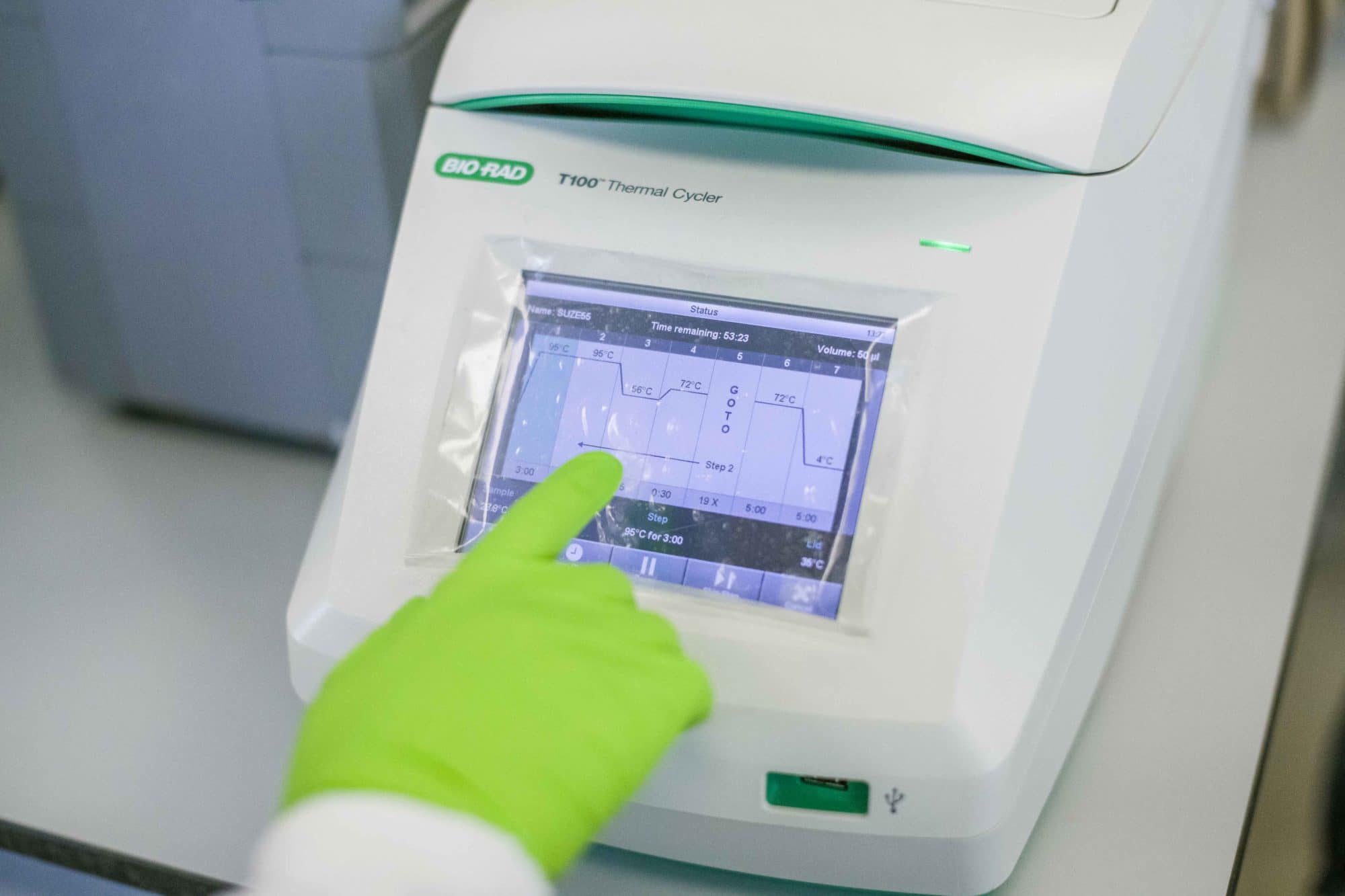
Research grants
Retina UK aims not only to progress research along established threads, but to stimulate new thinking, encourage innovative approaches and nurture original ideas.
Search results

Retina UK aims not only to progress research along established threads, but to stimulate new thinking, encourage innovative approaches and nurture original ideas.
Elena Piotter, a PhD student working in Robert MacLaren’s group in the Nuffield Laboratory of Ophthalmology at the University of Oxford, is currently researching DNA and RNA base editing tools aiming to correct pathogenic mutations in ABCA4.

The project aims to develop a cost effective method of examining the entire ABCA4 gene to look for variations that might cause disease.
A recently published study has described numerous disease mechanisms that appear to be common across different types of inherited sight loss, suggesting that there is significant potential for drug treatments that could work regardless of the underlying causative gene.

We’re all still buzzing from our recent conferences. We do hope you enjoyed them as much as we did. If you weren’t able to join us, then you can watch or listen to the recordings on our website.

Did you join either of our Conferences this year? You can read about them inside this edition of Look Forward. We’ve had some fantastic feedback from our delegates so if you weren’t able to attend, you can watch or listen to the recordings from the day on our website.

Nurturing a new generation of scientists is a vital investment in the future of retinal disease research, so we are delighted to be funding, in collaboration with the Macular Society, a new PhD studentship at Oxford University, supervised by Professor Robert MacLaren.
Your generous support allows Retina UK to fund the work of leading scientists who are increasing understanding of inherited sight loss and moving us closer to treatments.

The cover of this edition celebrates the success of our amazing London Marathon team. Together they have raised more than £43,000.
X-linked inheritance means that the faulty gene is located on the X chromosome, the larger of the two sex chromosomes.